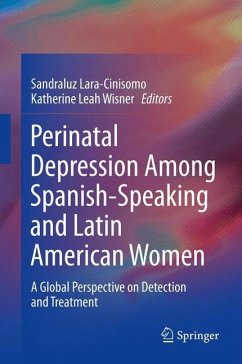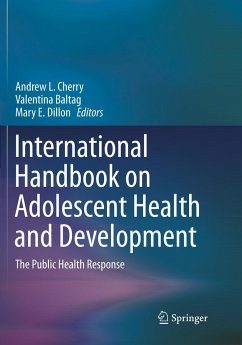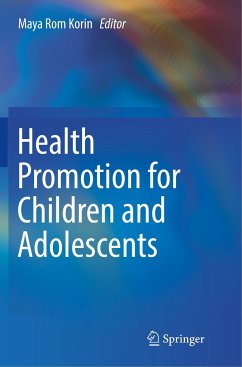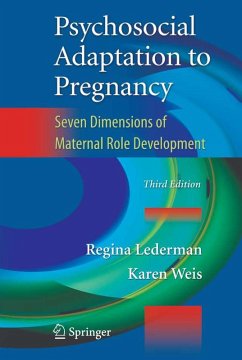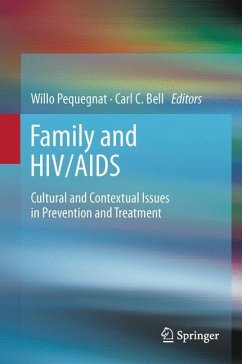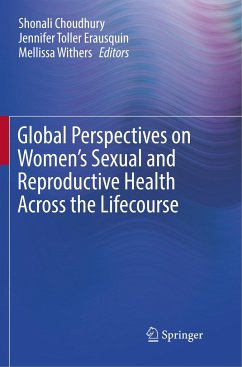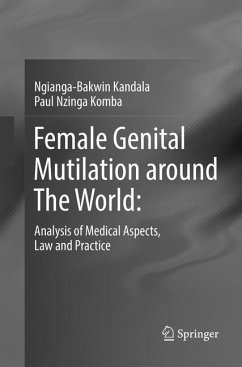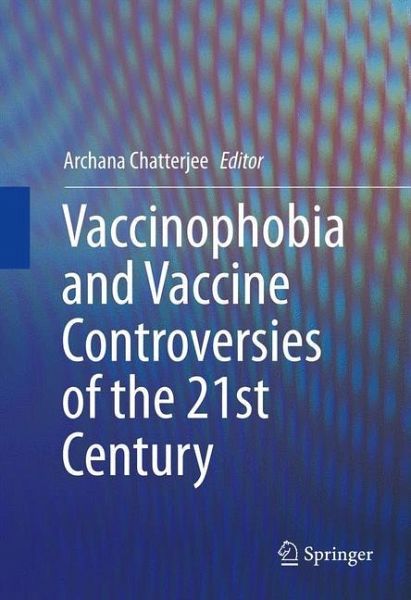
Vaccinophobia and Vaccine Controversies of the 21st Century

PAYBACK Punkte
83 °P sammeln!
Vaccinophobia and Vaccine Controversies of the 21st CenturyArchana Chatterjee, editorOnce hailed as a medical miracle, vaccination has come under attack from multiple fronts, including occasionally from within medicine. And while the rates of adverse reactions remain low, suggestions that vaccines can cause serious illness (and even death) are inspiring parents to refuse routine immunizations for their children--ironically, exposing them and others to potentially serious illness.Vaccinophobia and Vaccine Controversies of the 21st Century explains clearly how this state of affairs came into bei...
Vaccinophobia and Vaccine Controversies of the 21st Century
Archana Chatterjee, editor
Once hailed as a medical miracle, vaccination has come under attack from multiple fronts, including occasionally from within medicine. And while the rates of adverse reactions remain low, suggestions that vaccines can cause serious illness (and even death) are inspiring parents to refuse routine immunizations for their children--ironically, exposing them and others to potentially serious illness.
Vaccinophobia and Vaccine Controversies of the 21st Century explains clearly how this state of affairs came into being, why it persists, and how healthcare professionals can best respond. Current findings review answers to bedrock questions about known adverse events, what vaccine additives are used for, and real and perceived risks involved in immunization. Perspectives representing pediatricians, family practitioners, nurses, parents, pharmacy professionals, the CDC, and the public health community help the reader sort out legitimate from irrational concerns. In-depth analyses discuss the possibility of links with asthma, cancer, Guillain-Barre syndrome, SIDS, and, of course, autism. Included in the coverage:
Communicating vaccine risks and benefitsThe vaccine misinformation landscape in family medicinePerceived risks from live viral vaccinesThe media's role in vaccine misinformationAutoimmunity, allergies, asthma, and a relationship to vaccinesVaccines and autism: the controversy that won't go away
The conundrums described here are pertinent to practitioners in pediatrics, family medicine, primary care, and nursing to help families with informed decision making. In addition, Vaccinophobia and Vaccine Controversies of the 21st Century should be read by trainees and researchers in child development and maternal and child health as the book's issues will have an impact onfuture generations of children and their families.
Archana Chatterjee, editor
Once hailed as a medical miracle, vaccination has come under attack from multiple fronts, including occasionally from within medicine. And while the rates of adverse reactions remain low, suggestions that vaccines can cause serious illness (and even death) are inspiring parents to refuse routine immunizations for their children--ironically, exposing them and others to potentially serious illness.
Vaccinophobia and Vaccine Controversies of the 21st Century explains clearly how this state of affairs came into being, why it persists, and how healthcare professionals can best respond. Current findings review answers to bedrock questions about known adverse events, what vaccine additives are used for, and real and perceived risks involved in immunization. Perspectives representing pediatricians, family practitioners, nurses, parents, pharmacy professionals, the CDC, and the public health community help the reader sort out legitimate from irrational concerns. In-depth analyses discuss the possibility of links with asthma, cancer, Guillain-Barre syndrome, SIDS, and, of course, autism. Included in the coverage:
Communicating vaccine risks and benefitsThe vaccine misinformation landscape in family medicinePerceived risks from live viral vaccinesThe media's role in vaccine misinformationAutoimmunity, allergies, asthma, and a relationship to vaccinesVaccines and autism: the controversy that won't go away
The conundrums described here are pertinent to practitioners in pediatrics, family medicine, primary care, and nursing to help families with informed decision making. In addition, Vaccinophobia and Vaccine Controversies of the 21st Century should be read by trainees and researchers in child development and maternal and child health as the book's issues will have an impact onfuture generations of children and their families.




